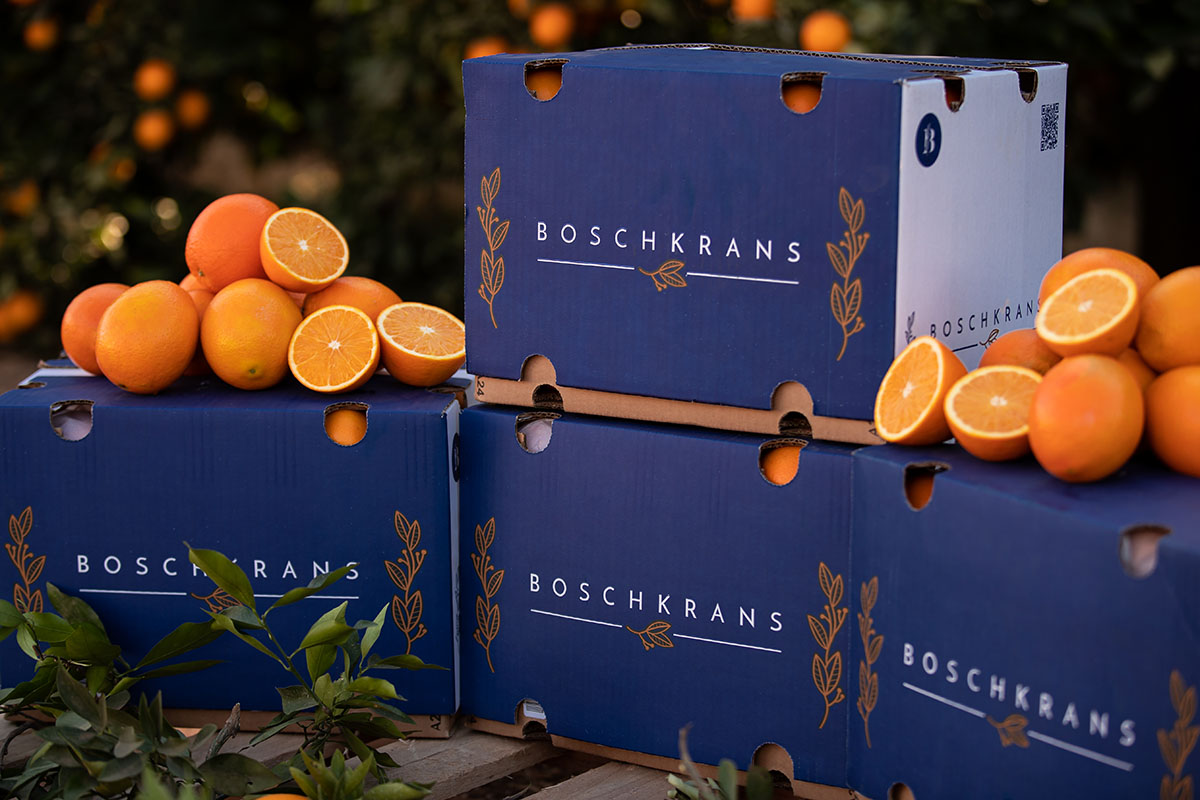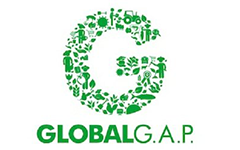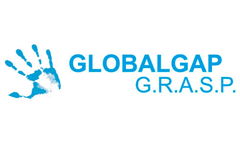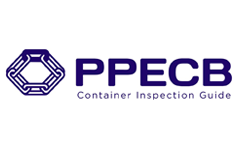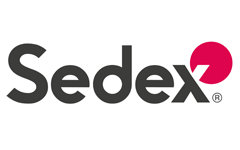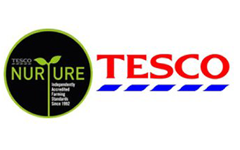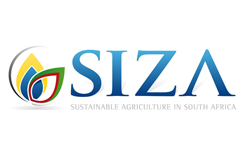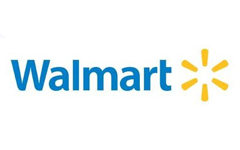 | The farms are all mapped and precision farming techniques are applied. |
 | Produce yields are mapped with satellite technology. |
 | Fertigation is done according to precision analyses. |
 | The use of a layer of mulch on the root zone increases the carbon content in the soil, which in turn increases microbial activity and slows down transpiration (which is standard practice). |
 | Microbiological tests to determine the amount and types of microorganisms in the soil |
 | The use of microorganisms to control various pests in the soil, i.e. nematodes. |
 | Microbes are used to control several deteriorating fungus and bacteria, i.e. erwina fusarium amd phythothora. |
 | The use of microorganisms, rather than spraying dangerous chemicals, to control various pests on the trees, i.e., mealybugs, zebra worms, and false codling moth. |
 | The use of microorganisms to control various pests on the trees, i.e. mealybugs and false codlingmot. |
 | Beneficial microbes enhance the uptake of nutrients. |
 | The use of natural predators (aphytis and biopermunitus) to control pests like redscale and mealybugs. |
 | The use of mating disruption blocks to control fruit fly and false codling moth. |
 | Water, as one of the limited resources, is used sensibly with the aid of low flow drip irrigation, and DFM induction probes do the scheduling. |
 | The use of the PuriCare system to clean dripper lines and to improve soil structure and to increase root depth and the oxygen level in the root profile. |
 | Cleaning of water of heavy metals through the filtration in a wetland. |
 | The use of fish species to clean the dams of unwanted water grass and algae. The Banded Tilapia and the Redbreast Tilapia will eat and take care of the soft to the medium plant materials. In contrast, the Blue Tilapia takes care of the algae and slime. |
 | The use of the PuriCare system to clean dripper lines and to improve soil structure by adding ozone to increase root depth and the oxygen level in the root profile. |
 | Pest and weed control is strictly done according to the prescribed recommendations of accredited agents. |
 | Continuous pest monitoring to ensure optimal efficiency of our pest control program and enhance minimal pesticide usage. |
 | Currently the farm boasts hail and shade netting covering 118 hectares of grape vineyards and 46 hectares of citrus orchards. The netting offers the following advantages:
- - Hail protectio.n
- - Nets change the micro-climate beneath them, which assists the fruit to develop a greater eye appeal at maturity.
- - Reduced blemishes on fruit due to less wind damage.
- - A decrease in the climatic stress on the fruit results in uniform sizing and elimination of damage to fruit.
- - Assist in the sustainable supply of special and select fruit to specific markets.
- - Increased profitability due to higher pack-outs.
- - Global warming causes netting to be an essential element
|
 | All produce is packed on the farm according to customers’ requirements. |
 | Quality management processes continuously measure internal and external quality to ensure that produce is harvested at optimal maturity for good eating quality. |
 | A good financial, budget and recordkeeping system is the backbone of our enterprise. |





